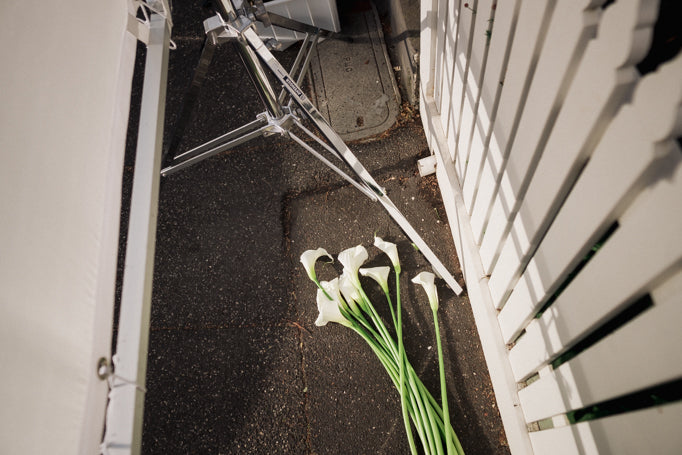The Allure of Fashion Fashion
In Australia, we are not invisible to the allure of fast fashion in consumer culture, and the hidden costs may get you back on your path to the ethical consumption of slow fashion. According to a report by the Australian Senate, the fashion industry stands as the second-largest polluter globally, contributing approximately 10% of greenhouse gas emissions. Shockingly, textile waste in Australia has surged by 39% between 2006-2007 and 2018-2019, with only 15% of post-consumer textile waste being recycled. This rapid consumption cycle fuels environmental issues, exacerbating water pollution, excessive resource consumption, and already-overflowing landfills.
When examining the social landscape of fast fashion, it’s easy to feel disheartened. The Australia Institute's findings reveal that a staggering 93% of garment workers in Australia's domestic fashion industry earn below the national minimum wage. Overseas, where many fast fashion brands manufacture their clothing, the situation is equally dire. In countries like Bangladesh, where a significant portion of Australian garments are produced, approximately 85% of garment workers, predominantly women, endure unsafe working conditions.
Despite being the world's second-largest consumer of textiles per capita, Australians discard a substantial 60% of garments within a year of production, according to a study by RMIT University. Each year, Australians collectively purchase an average of 27 kilograms of new clothing and textiles per person, perpetuating a cycle of consumption and waste. This unsustainable pattern strains our environmental resources and limits the growth potential of local, sustainable fashion businesses by perpetuating a reliance on low-cost, low-quality imports. As the environmental, social, and economic toll of fast fashion continues to impact us, fostering awareness and advocating for small yet impactful change towards a more ethical and sustainable fashion industry remains a value of ours at Studio Sol.
The way forward
As overwhelming as the research is, the rise of slow fashion is a beacon of hope. By embracing sustainable practices and prioritising quality over quantity, you can have significant influence in reshaping the fashion industry.
Small changes, when made on a large scale, can influence culture. Opting for ethically sourced and environmentally friendly garments not only reduces the demand for fast fashion but also supports fair labour practices and promotes a more circular economy.
With 3,000 charitable op shops and a national collection network of 10,000 charity bins, when it comes to shopping second-hand, a significant amount of Australians support slow fashion by opting for pre-loved items. According to a report by the National Association of Charitable Recycling Organisations (NACRO), approximately 75% of Australians engage in some form of charitable giving or purchasing of second-hand goods..
Clothing textiles in our charity shops generate $263 million a year in revenue, with the proceeds used to fund social welfare programs for the benefit of the most disadvantaged people and communities in Australia.
The power of slow fashion lies not just in the clothes we wear, but in the stories they tell—the stories of empowered artisans, resilient communities, and a planet on the path to healing. As consumers become more conscious of their purchasing decisions, capsule and trans-seasonal wardrobes are proving their worth and longevity. It’s not only on the consumer to reflect on their behaviours, but on brands like us to consider our collections carefully to ensure they slot into existing, curated wardrobes and use materials and processes that are kind to the earth and the people that make them. Each mindful choice we make contributes to a larger movement where fashion is a testament to our values and our commitment to creating a better world for generations to come.
Join us as we create a brand that aligns with your values and style.
Sources:
-
Australian Senate Inquiry, "Environmental Impact of the Textile, Clothing and Footwear (TCF) Industry," 2008.
-
The Australia Institute, "Fabricated: Labor Exploitation in Australia’s Fashion Industry," 2019.
-
ABC News, "Australians Among the World's Biggest Textile Consumers, But A Huge Amount Ends Up in Landfill," 2019.
-
RMIT University, "Fast Fashion: Inside the Fight to End the Silence on Waste," 2020.
-
National Association of Charitable Recycling Organisations (NACRO), "Submission to the Federal Inquiry into the Social Impact of the Australian Fashion Industry," 2020.



